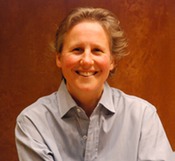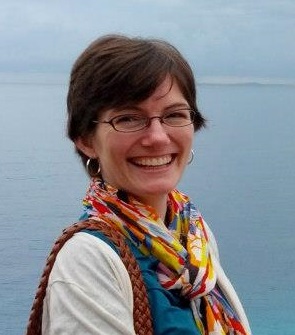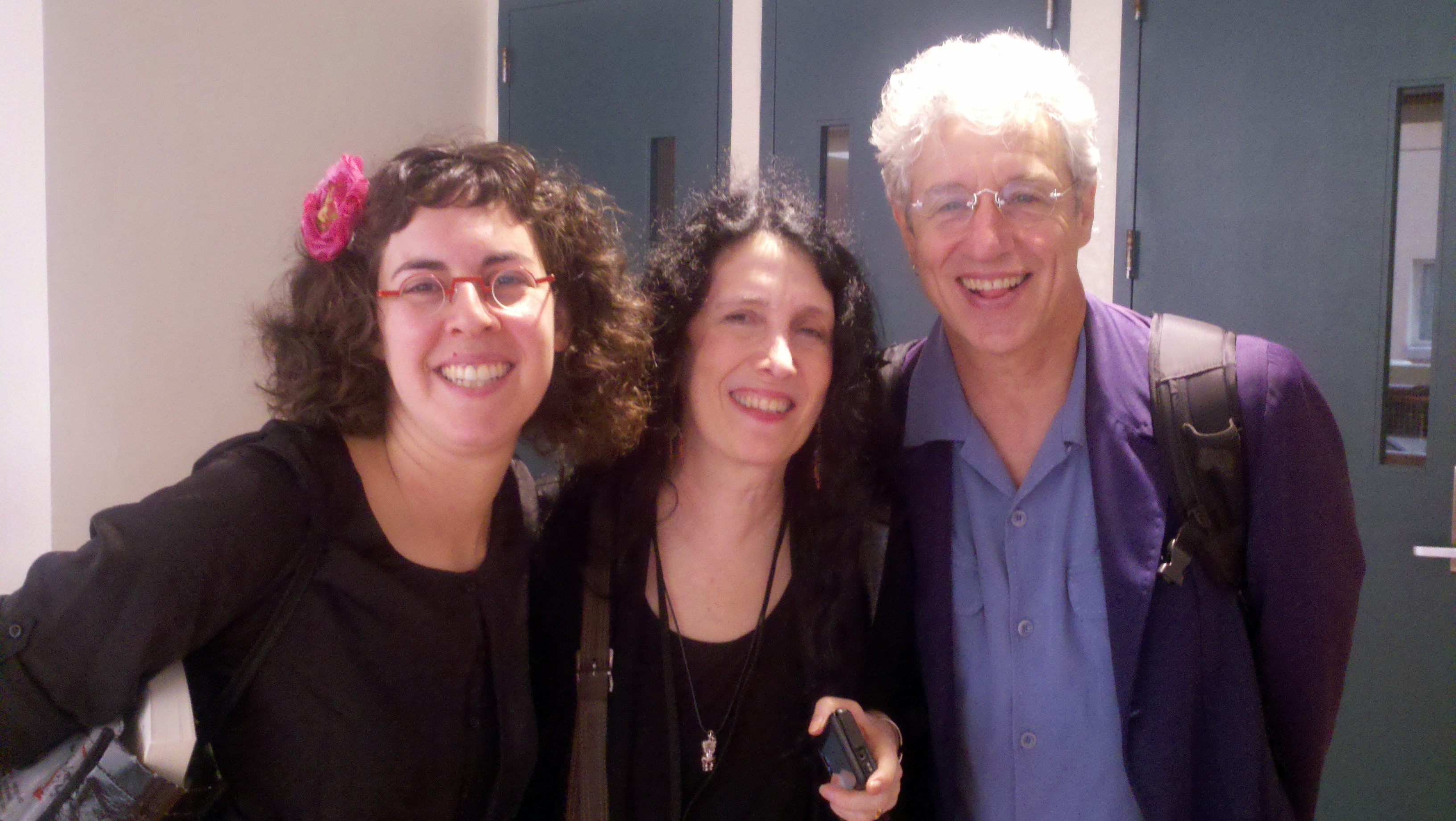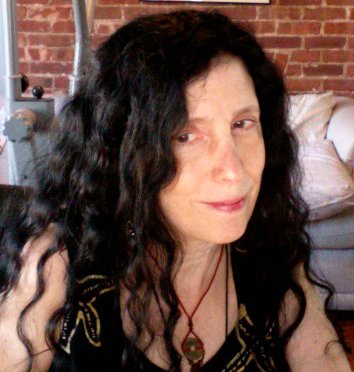should like her? that but seeing you should love
her? and loving woo? and, wooing, she should
grant? and will you persever to enjoy her?”
— William Shakespeare, As You Like It, Act V, Scene II
 Every day published, self-published and unpublished authors breathlessly ask us, “Do I really have to have a Facebook page, and if so, what the heck do I do with it?” We will endeavor to answer these questions. But there are also a lot of questions we are not asked, but we think authors should be asking. Our goal is to present a roadmap that will help any writer navigate this increasingly complicated — and crucial — cyber-landscape.
Every day published, self-published and unpublished authors breathlessly ask us, “Do I really have to have a Facebook page, and if so, what the heck do I do with it?” We will endeavor to answer these questions. But there are also a lot of questions we are not asked, but we think authors should be asking. Our goal is to present a roadmap that will help any writer navigate this increasingly complicated — and crucial — cyber-landscape.
While we get our Facebook on every day, we turned to two experts, Annik LaFarge and Antonella Iannarino, to give us the skinny on the latest and greatest ways to use this monster of a tool.
Annik spent 25 years in the publishing business in senior marketing, editorial, and publishing positions. Today she runs her own company that specializes in online project management, editorial work, and consulting on digital strategy. She recently wrote The Author Online: A Short Guide to Building Your Website, Whether You Do it Yourself (and you can!) or Work With Pros. Antonella, an agent and digital media maven at the David Black Agency, has helped authors like Mitch Albom get their websites and Facebook pages up and running. Here Annik and Antonella offer us both the Big Think about how to use Facebook and also some more granular how-to information (just follow the links…) that will help you get started today.
First, Annik addresses the most popular questions The Book Doctors hear from authors about Facebook:
1) How many Facebook fans is enough to impress a publisher?
What seems like a lot of fans to one publisher might seem paltry to another, so rather than think in terms of actual numbers I urge you instead to think about growth. Facebook’s analytic tool called Insights allows you to easily track the number of monthly active users, Likes, wall posts, comments and visits that your page receives, along with the increase or decrease on a week-to-week basis. So pay attention to that data and aim to present your publisher with a percentage of growth rather than a fixed, context-less number. More impressive will be the fact that with active use and engagement you grew your key metrics by ten or twenty percent over a period of several months or a year. That shows dedication on your part, and demonstrates that you understand how to provide high value content to your readers. Even more impressive will be the number of Likes your page has garnered from fans. Read on and you’ll understand why.
2) Should I set up a fan page for my book or just use my personal page?
You should set up a fan page because these are accessible to anyone on the web, whether or not they’re Facebook members. And they don’t have to be your friends to access it; the page is open to anyone. This way you can post special content or links on your Facebook page and mention it in media interviews. For all of you Luddites out there, Antonella wrote a great primer about how to do this: The 7 Essential Elements for an Author’s Fan Page. Everything you need to know is there, along with screenshots plus a link to a piece that outlines all the important settings for your Facebook page. At the end of this article we’ve offered a few examples of author fan pages that you can use to generate ideas of your own.
3. When should I set up my Facebook page — when I start writing/once I have a book deal/once my book comes out?
It takes time to build an audience. The sooner you begin the more time you’ll have to grow your fan base and start learning — by studying your Insight analytics — what sort of content resonates with them. Start as soon as possible. How about tomorrow afternoon?
4) How often should I communicate via Facebook? What is too much?
You’ll know when it’s too much because the postings will feel forced. Communicate as often as you have something worthwhile to say. Being consistent is good, but not essential. Some people insist that you should post to a blog or Facebook page at least once a week. I think the better rule of thumb is: always default to quality, not quantity. Your friends and fans have other things to read; just make sure that whatever they find on your page is worth their time.
5) I’m worried about privacy issues. What should I do?
You don’t need to include personal information on your page. You do need to provide some details when first signing up for a personal account with Facebook, but that’s for registration and you can keep that information private through your privacy settings. But for your Page, the only details you can elect to include on your “Info” tab that might be of concern are your birthday and contact information. Think carefully about posting your birthday online. The upside is that your friends can send you nice messages, wishing you a happy birthday. The downside is that your date of birth is used by banks and other institutions as a legal identifier, and so there are reasons to keep it private. Antonella points out that some people include their zodiac sign and list their publisher’s address or a P.O. box for fan mail. As for managing information on your personal profile, our best advice is to closely monitor your settings and stay up-to-date on changes that Facebook makes. They happen often, and are widely discussed online. Often, Facebook’s default options are not pro-privacy. So pay attention, and ask your friends what they do if you’re unsure. And of course, use common sense about what information you share. Anywhere.
6) Should I put up pictures? Video? What kind of picture should I put up for my profile?
If your pictures and videos enhance what you’re sharing on Facebook then sure, use them. But don’t post any visual media just because you have it. Post it because the stuff is worthy of being posted — because it helps you amuse, entertain, educate, engage. And use something dignified. A goofy picture of you and your dog is okay for your personal page but not, perhaps, the image you want to leave potential book buyers with. Many authors (myself included) use their book cover instead of a photograph. That’s fine too, just try to keep the image relevant to you and your work.
Now that Annik and Antonella have covered the questions The Book Doctors get on a daily basis, we want to introduce the questions you should be asking, but aren’t. Take notes!
1) So now I know I need to get people to “Like” my page. What’s the best way to do this so I can build my list of friends/fans?
Two ways. First, post relevant, engaging content: questions, insights, books you’ve read, etc. Give people a reason to visit your page, make it interesting, interactive, and a true reflection of you and your work. Then tell people about it in all the ways available to you: link to it from your website or blog; place a link in your email signature; mention it on the flap or back cover of your books; send a message with a link to all your personal Facebook friends asking them to join your book page by clicking the Like button; etc.
2) What’s the deal with the “Like” button and why is it so ubiquitous?
As you may have noticed, the “Like” button that appears at the top of a fan page, is now showing up in lots of other places: on people’s blogs, next to products on online stores, and in nooks and crannies all over the World Wide Web.
I recently had a conversation with Greg Lieber who runs business operations for GraphEffect, one of the fast growing social advertising platforms that Facebook works with closely. They develop and manage Facebook campaigns for large brands that go way beyond the spookily targeted ads you see in the right column of your Facebook page.
He helped me understand the basics of how Facebook works by explaining that its algorithm, EdgeRank, gives a value to all of the items that appear in your News Feed and that a huge component of this is the number of Likes and comments that are associated with it.
So let’s say you have a blog and you’ve installed a Facebook plug-in that places a Like button alongside each post you write. When someone clicks the Like button your post appears in that person’s Facebook News Feed and becomes visible to all of their friends, plus it includes a link back to your blog.
This allows people to discover your work and enables them to either like the post directly in the feed or to click on the post and like it directly from the post itself. As the likes increase via Facebook’s viral channels the value of the post increases in EdgeRank and makes the post more likely to appear in your friend’s News Feed. However there are other factors at play: for example, if there’s a friend or page you interact with frequently on Facebook, then this person or page’s post will likely appear towards the top of your News Feed. Another factor is timing: the older your post, the less likely it is to appear in the News Feed of your friends. Finally, the “weight” of the post’s feedback plays a role, meaning that comments on a specific post are going to have a greater impact than ‘Likes’ of that same post.
[Side note: you may have recently seen that new “Send” button on Facebook. It’s similar to the Like button, but allows you to share a link privately with a friend or Facebook group using Facebook email. Whenever someone clicks it, it does increase your total like count, but it will not show up in the newsfeed.]
3) What sort of landing page should I have?
Creating a special “landing page” that people will see when they first come to your page is an effective way to use Facebook almost as you would the home page of a website. You can convey the “voice” of your site (in words and images) and tell folks what sort of regular content you’ll be providing there. A good example of this is a company called Global Basecamps, a popular eco-tourism business. See how their landing page expresses what the business is all about, tells you a bit about what they offer (weekly travel quizzes!) and, most important, encourages you to hit the Like button. Once you’ve Liked their page you’ll start landing, in future visits, on the wall page where they post all kinds of useful, interesting, amusing, content. The more good stuff they post, the more their visitors hit the Like button. And the more they hit the Like button… well, you know about that now.
But be warned: Facebook recently changed — and made more complex — the programming language that members use to customize their pages. Today creating a landing page requires some knowledge of basic programming. Antonella’s 7 Essential Elements for an Author’s Facebook Page article has some very helpful background information and tips for how to get started (see #7), and she also includes links to third party apps that you (or your developer) can use.
4) Should I connect my Twitter feed or my website to Facebook?
Probably, but if all you feed to Twitter is your Facebook status updates you’re not making your Twitter account unique. Best of all: create unique content for each platform and give people a reason to follow you in both places.
Now that we’ve laid down the basics, look around at some author pages on Facebook and see what you like (lower case…) and admire. Some people share a lot, others very little. But it bears repeating: follow the quality over quantity rule and post your updates and links with care. Offer value to the people who come to your page, and remember that because you’ve made it public anyone can come there — it’s not just your friends and family. Think about all the many different kinds of people who might end up there — young or old, familiar with your work or not, interested in just one aspect of a subject you cover, etc. Visit your page periodically like you’re a perfect stranger, and consider how the content, style and look may strike those different audiences. Then review, update, revise. And for goodness sake, whatever you do, have fun!



 We first met Tegan Tigani a few years ago while we were on tour in Seattle. She was so excited to give us the grand tour of her kingdom: the
We first met Tegan Tigani a few years ago while we were on tour in Seattle. She was so excited to give us the grand tour of her kingdom: the 
